Books Published by Liberty Fund
About this Collection
The following titles are works published by Liberty Fund which are also available online. A full list of titles published by Liberty Fund can be found in our online catalog.
Key People
Titles & Essays
Quotes
Politics & Liberty
Charles Murray on the pursuit of happiness (1988)
Colonies, Slavery & Abolition
George Washington on War and Peace
The State
James Buchanan on chaining Leviathan (1975)
Parties & Elections
James Madison on the dangers of elections resulting in overbearing majorities who respect neither justice nor individual rights, Federalist 10 (1788)
Politics & Liberty
James Madison on the mischievous effects of mutable government in The Federalist no. 62 (1788)
Politics & Liberty
James Madison on the need for the “separation of powers” because “men are not angels,” Federalist 51 (1788)
Law
Jasay on the superiority of “spontaneous conventions” over “legal frameworks” (2007)
Colonies, Slavery & Abolition
John Calhoun on Compromises
Parties & Elections
Lance Banning argues that within a decade of the creation of the US Constitution the nation was engaged in a bitter battle over the soul of the American Republic (2004)
Politics & Liberty
Lord Acton on the destruction of the liberal Girondin group and the suicide of Condorcet during the French Revolution (1910)
Revolution
Lord Acton on the storming of “the instrument and the emblem of tyranny” in Paris, the Bastille, on July 14, 1789 (1910)
Socialism & Interventionism
Ludwig von Mises argues that monopolies are the direct result of government intervention and not the product of any inherent tendency within the capitalist system (1949)
Economics
Ludwig von Mises argues that the division of labor and human cooperation are the two sides of the same coin and are not antagonistic to each other (1949)
Money & Banking
Ludwig von Mises identifies the source of the disruption of the world monetary order as the failed policies of governments and their central banks (1934)
War & Peace
Ludwig von Mises laments the passing of the Age of Limited Warfare and the coming of Mass Destruction in the Age of Statism and Conquest (1949)
Money & Banking
Ludwig von Mises lays out five fundamental truths of monetary expansion (1949)
Presidents, Kings, Tyrants, & Despots
Madame de Staël argues that Napoleon was able to create a tyrannical government by pandering to men’s interests, corrupting public opinion, and waging constant war (1817)
Liberty
Madame de Staël on how liberty is ancient and despotism is modern (1818)
Presidents, Kings, Tyrants, & Despots
Madame de Staël on the tyrant Napoleon (1818)
Liberty
Madison on “Parchment Barriers” and the defence of liberty I (1788)
Politics & Liberty
Mercy Otis Warren asks why people are so willing to obey the government and answers that it is supineness, fear of resisting, and the long habit of obedience (1805)
Revolution
Mercy Otis Warren on Civil and Religious Rights and Tyranny
Liberty
Milton Friedman and the Free Society
The State
Milton Friedman on the Deconcentration of Power
Socialism & Interventionism
Mises and the Emergence of Etatism in Germany (1944)
Socialism & Interventionism
Mises on “interventionism” as a third way between the free market and socialism (1930)
Money & Banking
Mises on classical liberalism and the gold standard (1928)
War & Peace
Mises on cosmopolitan cooperation and peace (1927)
Socialism & Interventionism
Mises on how price controls lead to socialism (1944)
Sport and Liberty
Mises on human action, football, and predicting the future (1966)
Liberty
Mises on liberalism and the battle of ideas (1927)
Economics
Mises on the consumer as the “captain” of the economic ship (1944)
Money & Banking
Mises on the gold standard as the symbol of international peace and prosperity (1949)
Economics
Mises on the interconnection between economic and political freedom (1949)
Taxation
Mises on the public sector as “tax eaters” who “feast” on the assets of the ordinary tax payer (1953)
Money & Banking
Mises on the State Theory of Money (1912)
The State
Mises on the worship of the state or statolatry (1944)
Colonies, Slavery & Abolition
Mises on wealth creation and stopping the spirit of predatory militarism (1949)
Socialism & Interventionism
Mises states that it is the division of labor which makes man truly “social” or “communal” (1922)
Presidents, Kings, Tyrants, & Despots
Shaftesbury opposes the nonresisting test bill before the House of Lords as a step towards “absolute and arbitrary” government (1675)
Origin of Government
Sidney argues that a People’s liberty is a gift of nature and exists prior to any government (1683)
Law
Sir Edward Coke declares that your house is your “Castle and Fortress” (1604)
Law
Sir Edward Coke defends British Liberties and the Idea of Habeas Corpus in the Petition of Right before Parliament (1628)
Law
Sir Edward Coke explains one of the key sections of Magna Carta on English liberties (1642)
Money & Banking
The 11th Day of Christmas: Mises on the gold standard and peace on earth (1934)
Sport and Liberty
The Earl of Shaftesbury relates the story of an unscrupulous glazier who gives the rowdy town youths a football so they will smash windows in the street and thus drum up business (1737)
Odds & Ends
The Earl of Shaftesbury states that civility and politeness is a consequence of liberty by which “we polish one another, and rub off our Corners and rough Sides” (1709)
Presidents, Kings, Tyrants, & Despots
Thomas Gordon compares the Greatness of Spartacus with that of Julius Caesar (1721)
The State
Thomas Gordon on the nature of power to expand (1721)
Presidents, Kings, Tyrants, & Despots
Thomas Jefferson opposed vehemently the Alien and Sedition Laws of 1798 which granted the President enormous powers showing that the government had become a tyranny which desired to govern with "a rod of iron" (1798)
Politics & Liberty
Tocqueville on centralization as the natural form of government for democracies (1835)
Presidents, Kings, Tyrants, & Despots
Tocqueville on the “New Despotism” (1837)
The State
Tocqueville on the absence of government in America (1835)
The State
Tocqueville warns how administrative despotism might come to a democracy like America (1840)
Religion & Toleration
William Findley wants to maintain the separation of church and state and therefore sees no role for the “ecclesiastical branch” in government (1812)
Religion & Toleration
William Leggett argues that Thanksgiving Day is no business of the government (1836)
Origin of Government
William Paley dismisses as a fiction the idea that there ever was a binding contract by which citizens consented to be ruled by their government (1785)
Property Rights
William Paley on the tragedy of the commons (1785)
Property Rights
William Penn on property as one of the three fundamental rights all men have (1679)
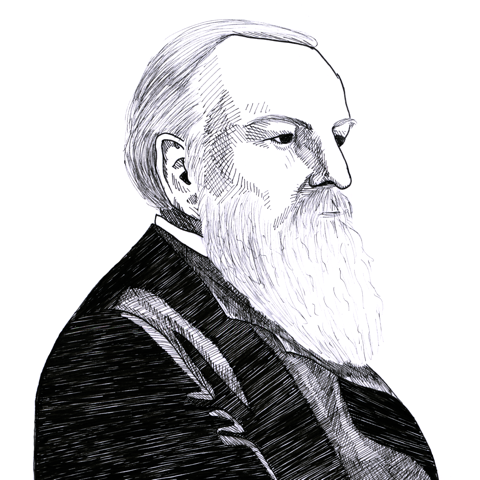
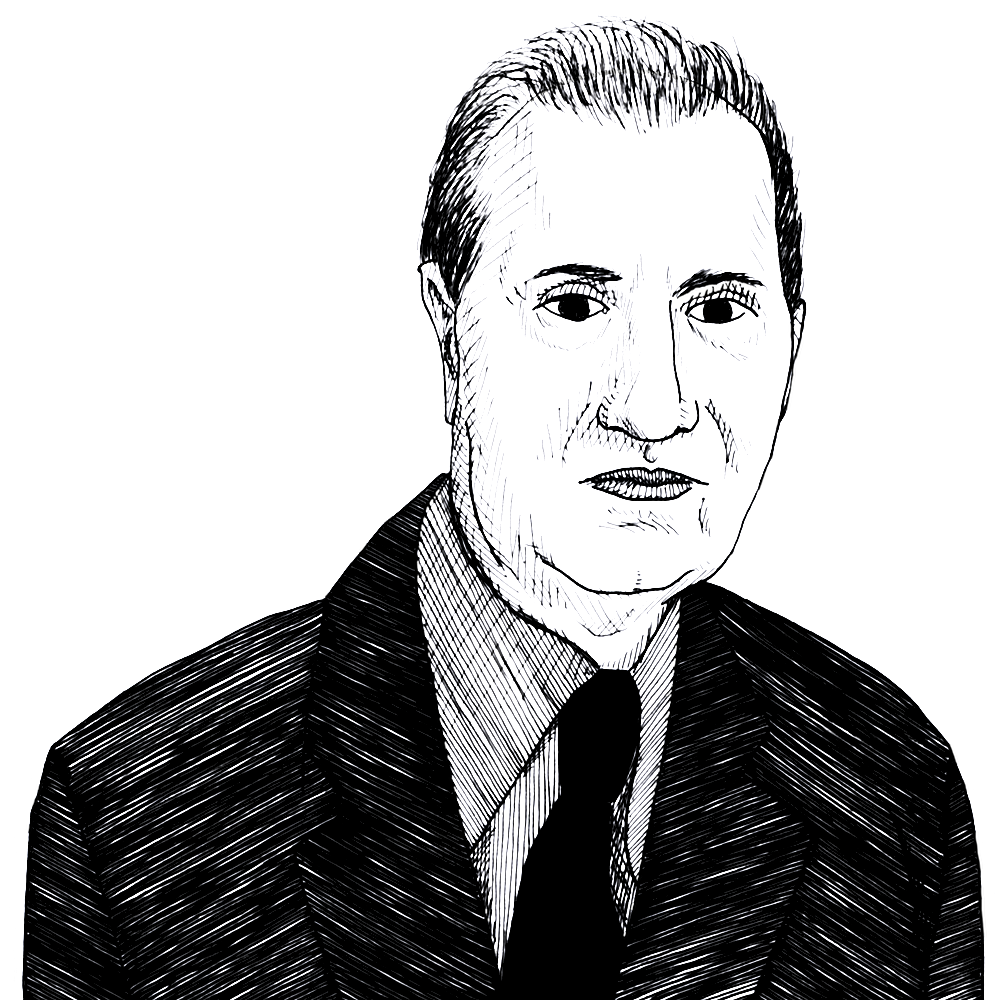
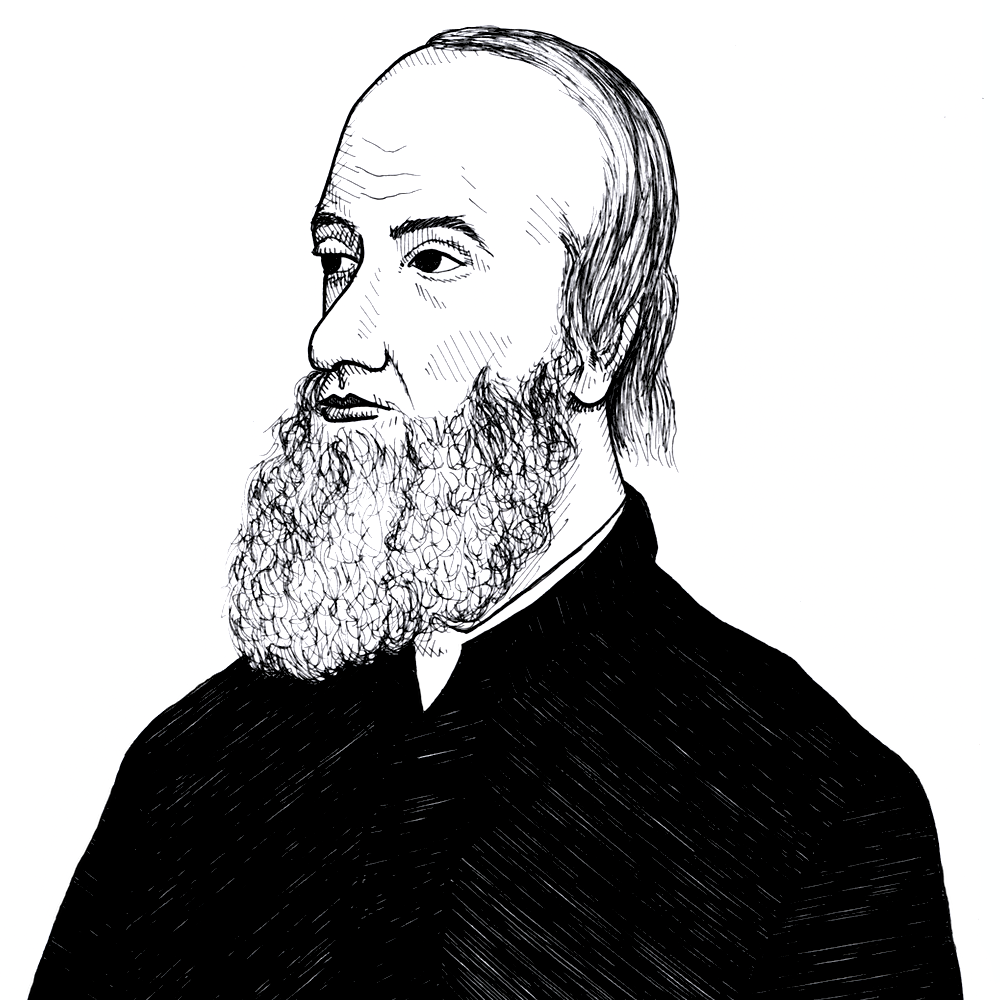

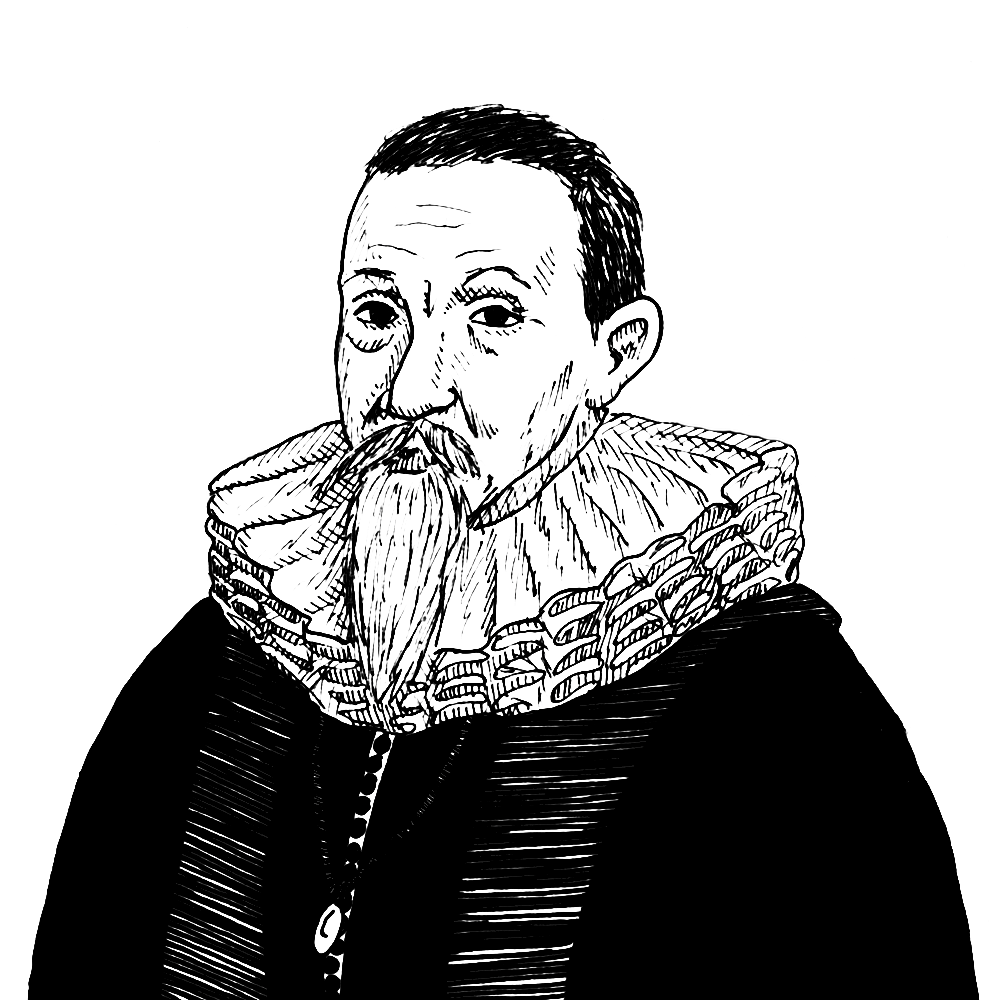
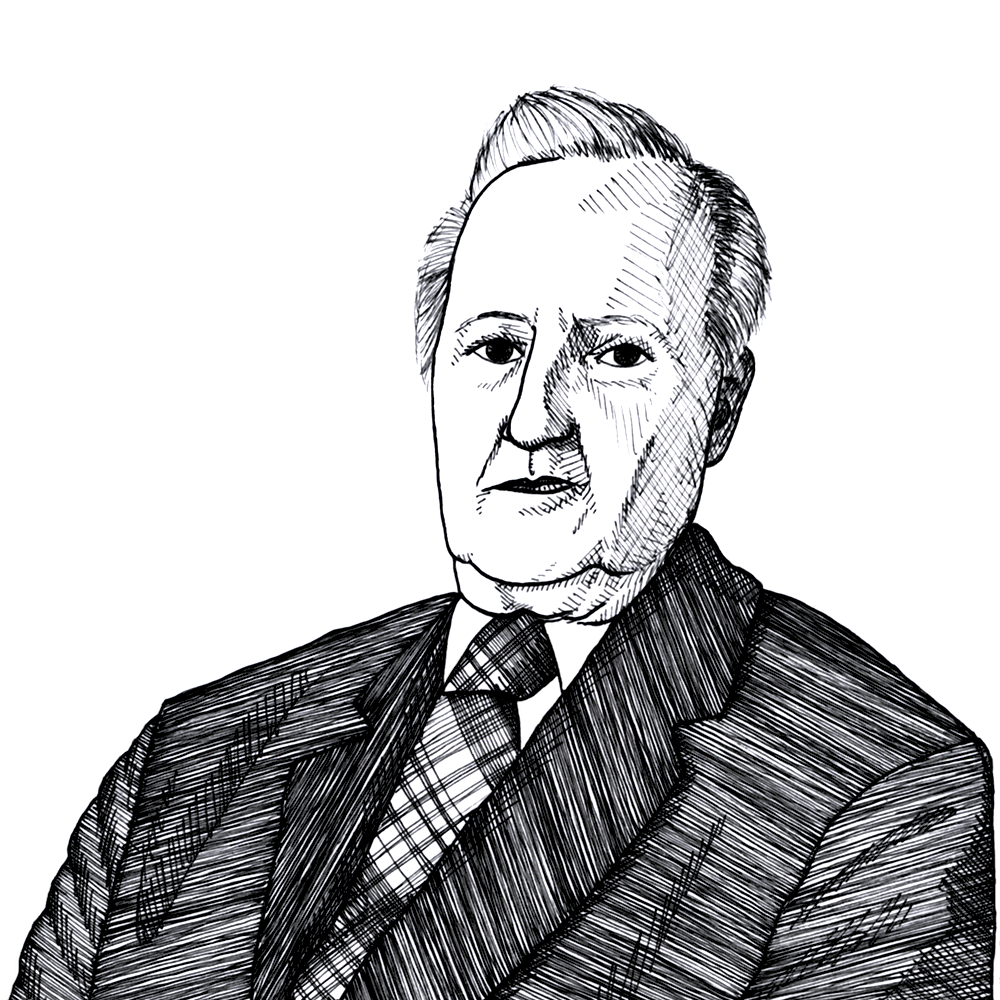

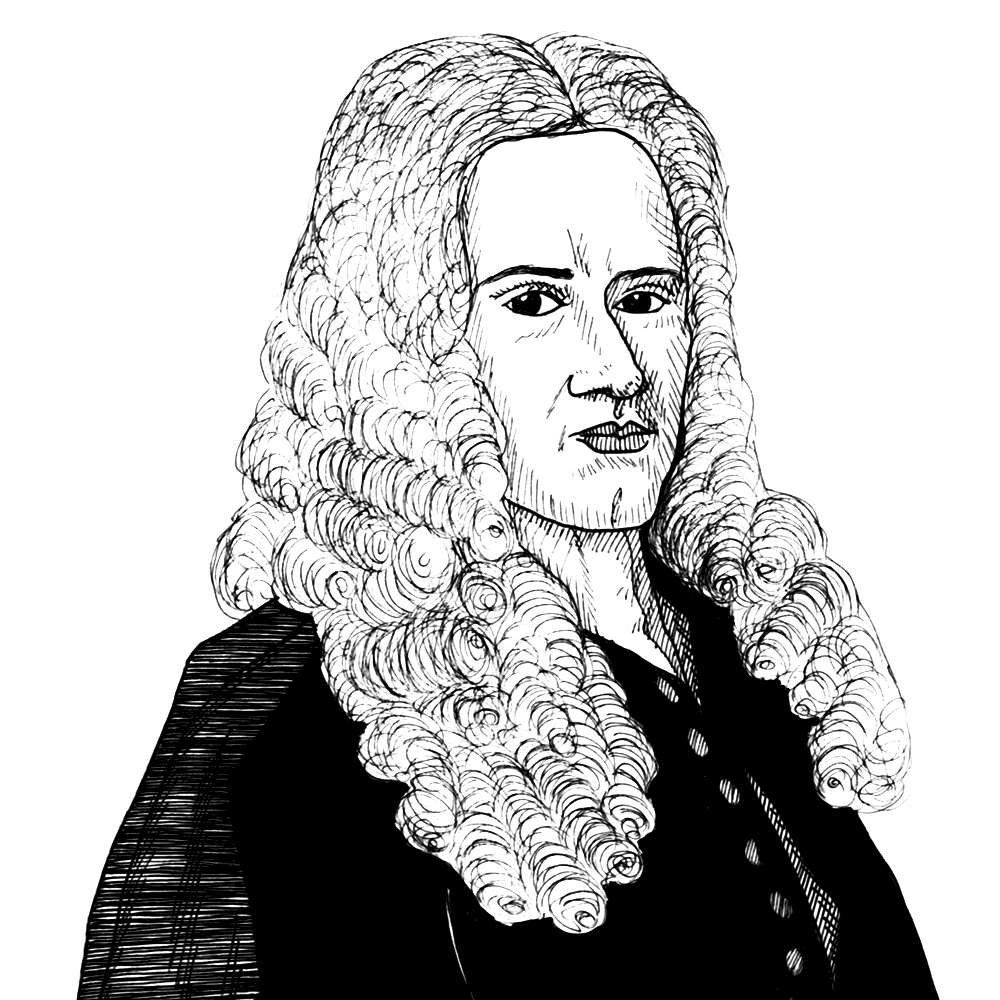
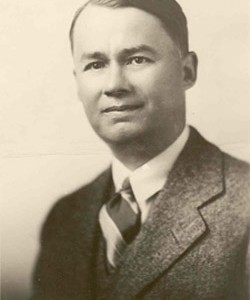
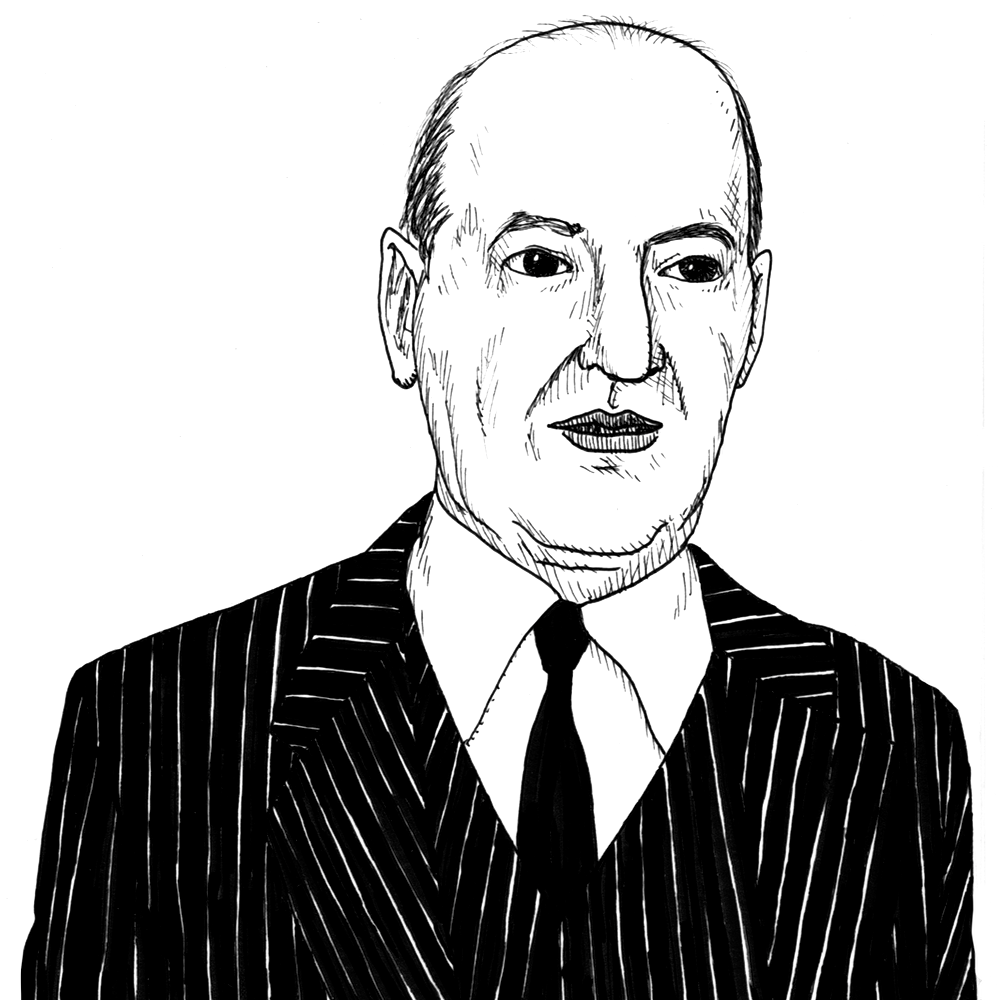

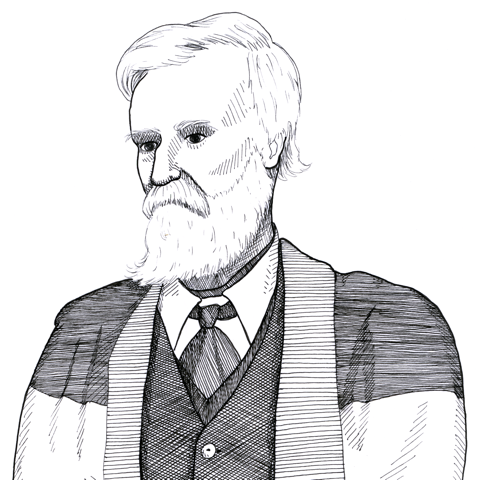
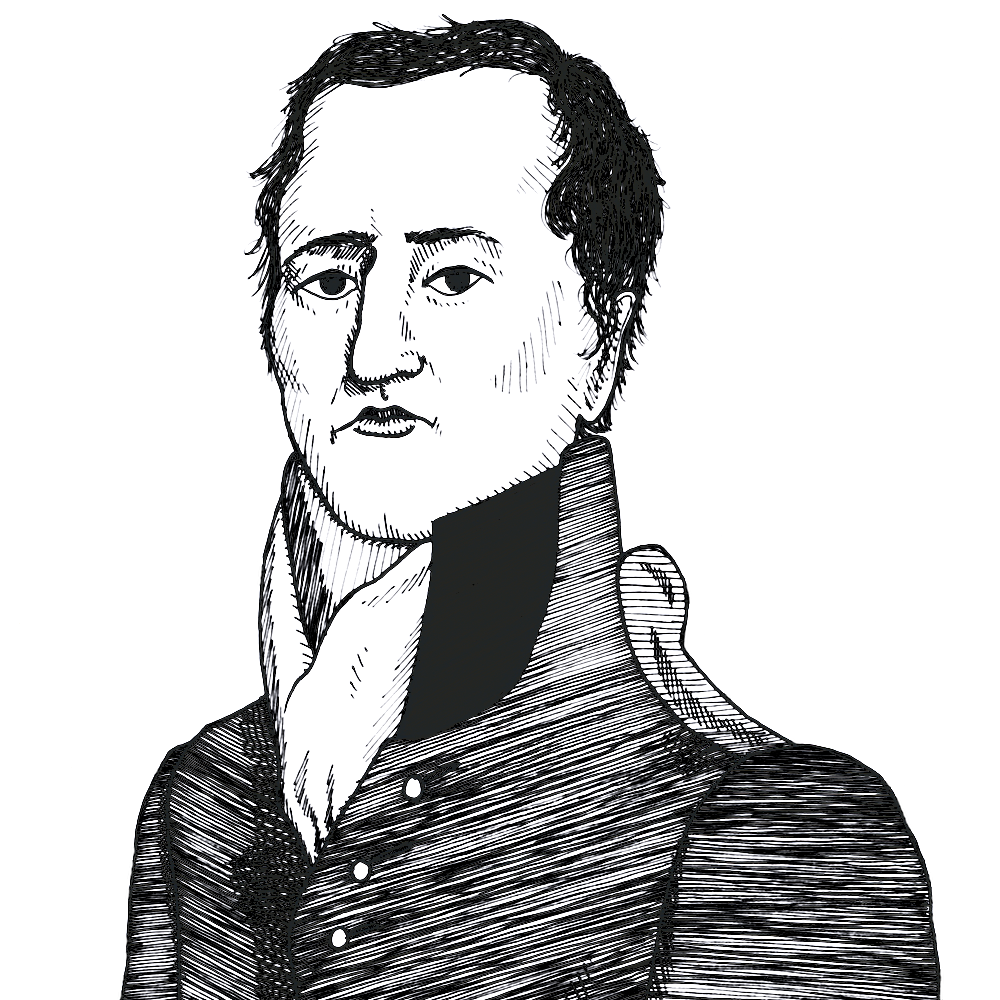
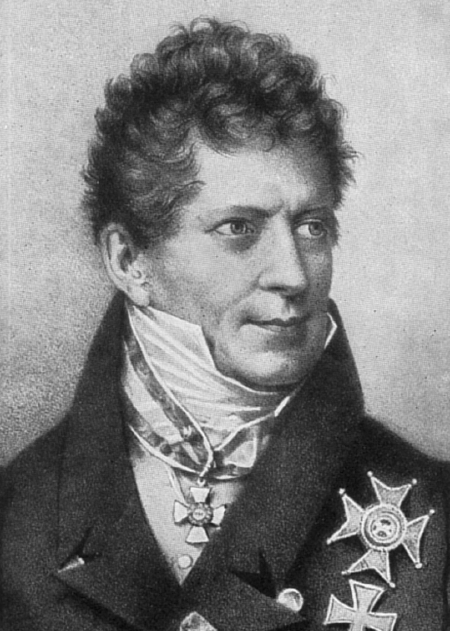
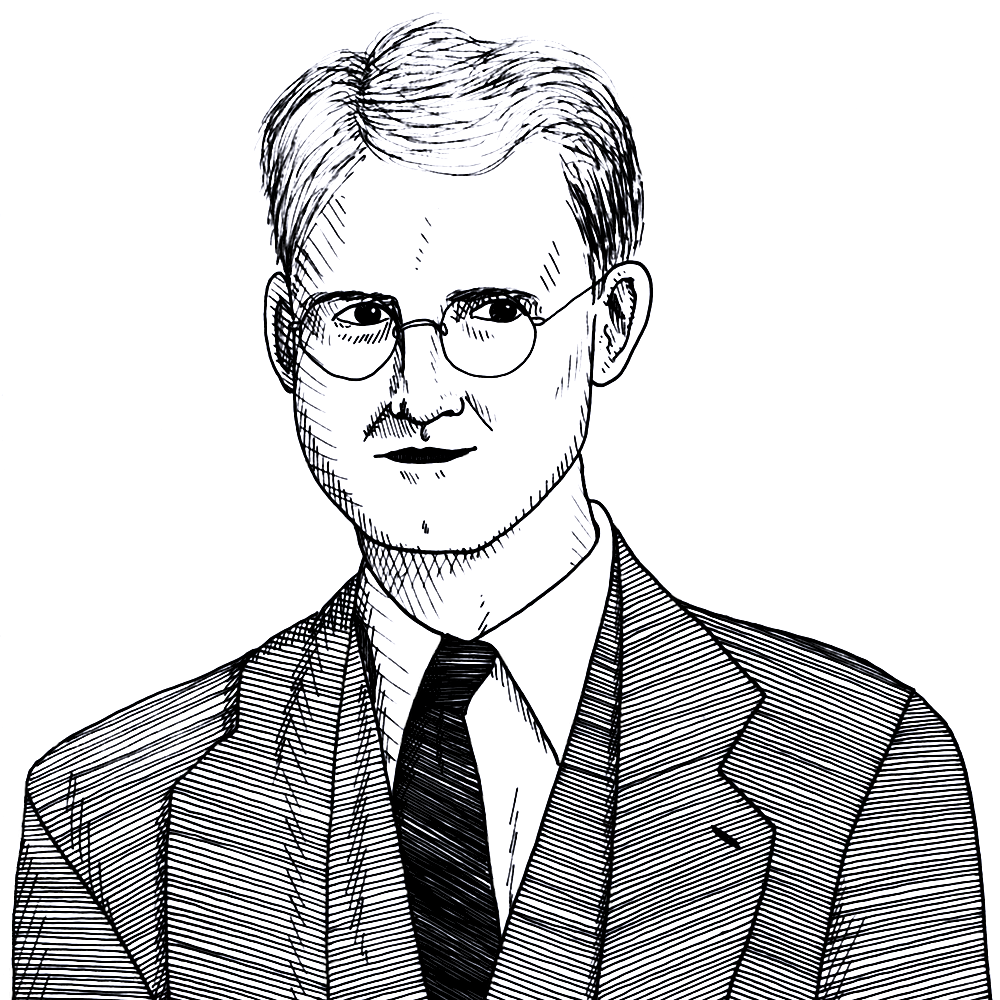
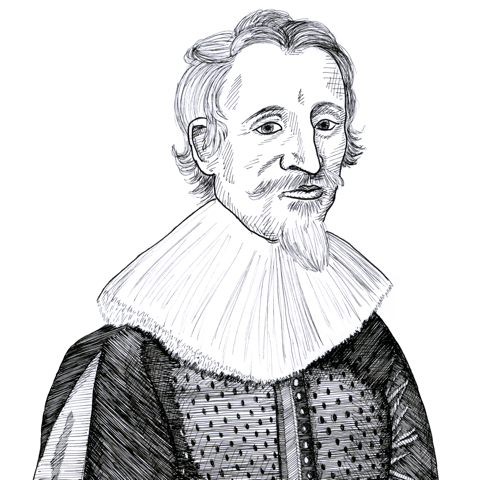
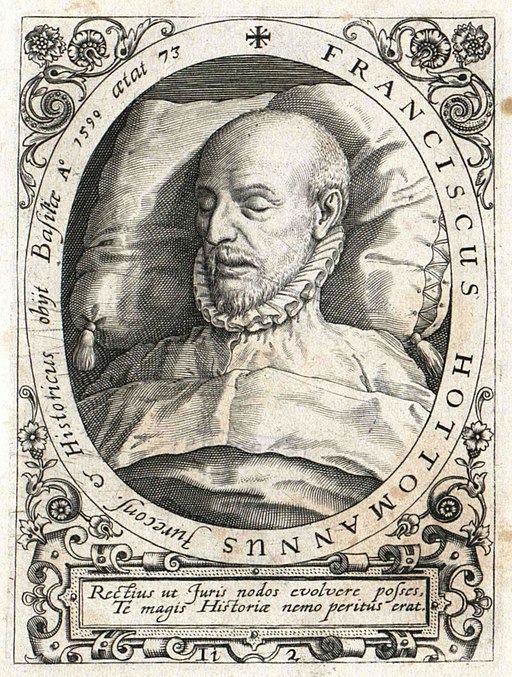
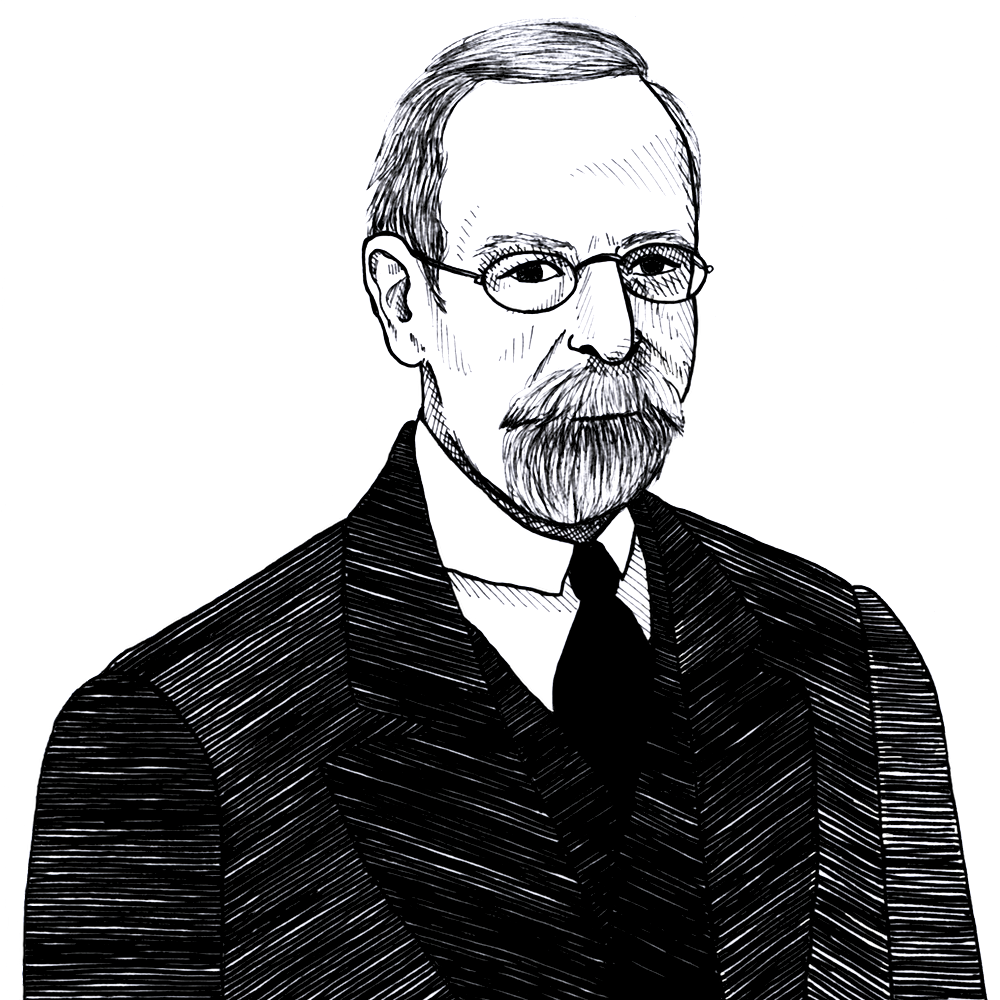

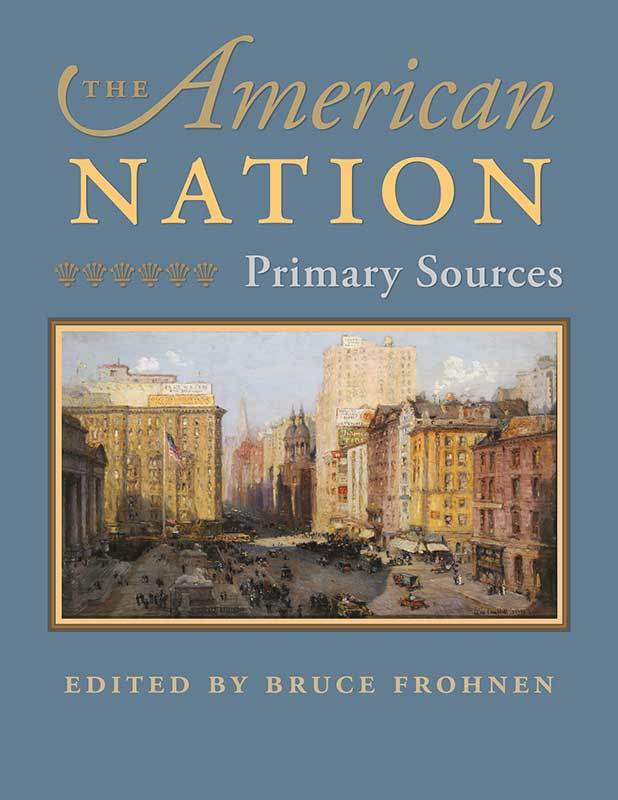
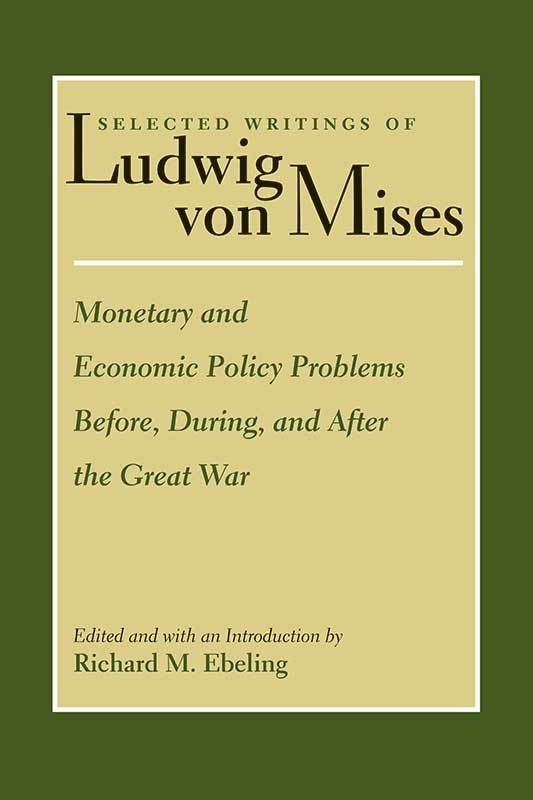
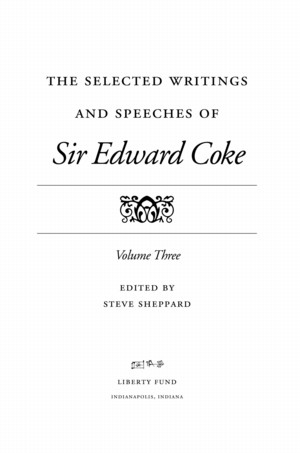
Social History And Conditions. Social Problems. Social Reform